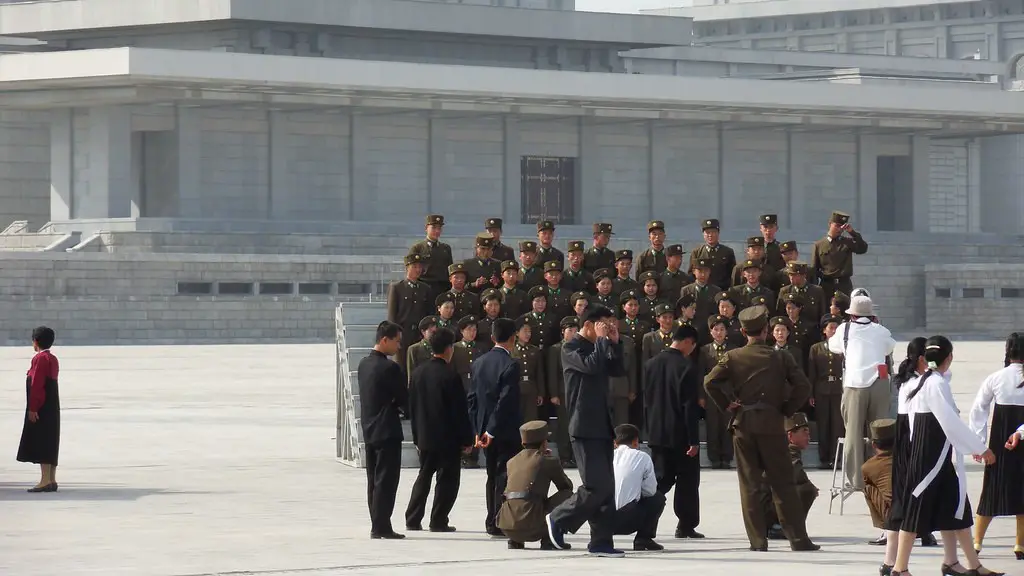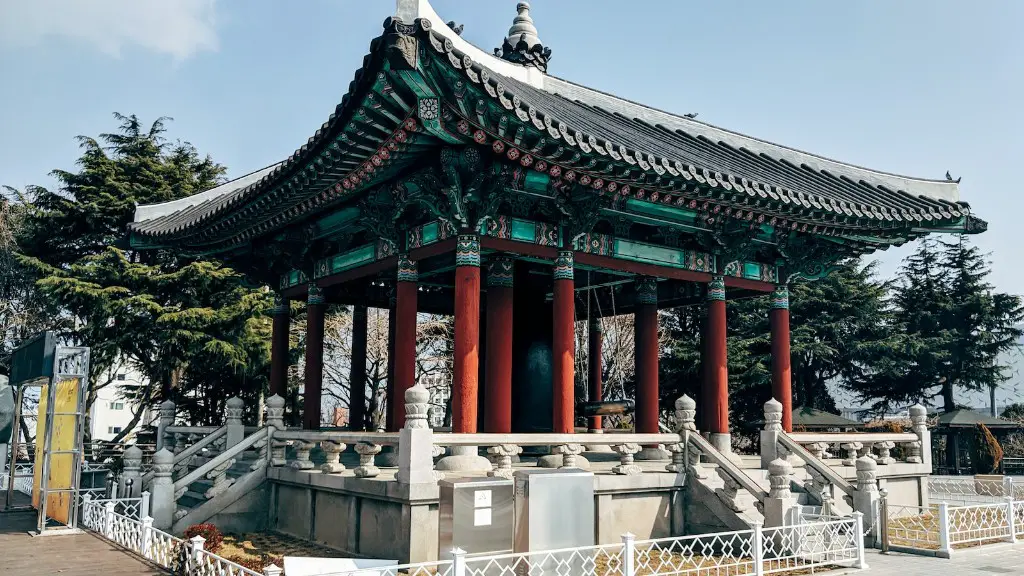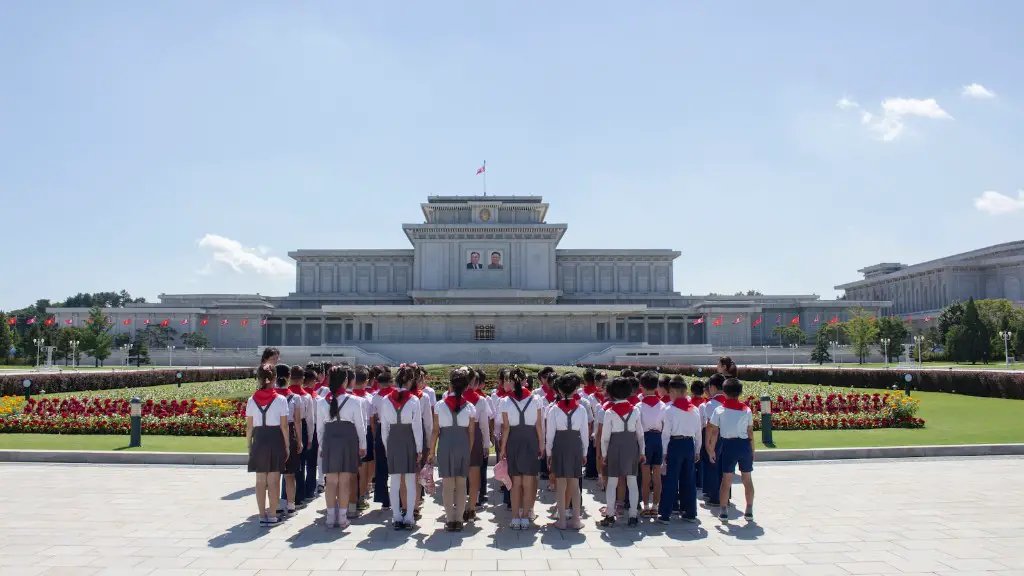Introduction
North Korea is known for its oppressive and xenophobic state policies, and its extreme censorship of the internet and media. The country has banned a wide range of goods and services, from certain foods and products to websites and communication services. In order to understand the landscape of what is banned in North Korea, we must first look at their history and their long history of seclusion and oppressive rule.
North Korea’s History
North Korea was established after the Korean War in 1948. Since then, the country has been heavily isolated from the rest of the world and is considered a totalitarian state. This has led to a complete clampdown on freedom of expression and severe restrictions on the types of goods, services and communication that are allowed by the North Korean government. This has lead to a ban of a wide range of goods and services, including films, books, clothing, technology, and even some foods.
What’s Banned In North Korea
North Korea has banned a wide range of goods and services. Films and television shows from other countries, especially those from the United States, are banned due to their perceived anti-North Korean messages. Western books, magazines and newspapers are also banned. The North Korean government does not allow citizens to express themselves through clothings and any material or clothing item which bears an image of the United States flag, or any other countries’ flag, is banned.
In terms of technology, North Korea strictly regulates internet access, limiting it to a few state-controlled websites. Websites such as YouTube, Facebook, Twitter and Google are all banned, and importing or attempting to access these websites could result in penalties or prison sentences. North Korea also bans mobile phones without pre-approval and the importing or exporting of any type of technological device or equipment is strictly prohibited.
North Korea has also outlawed the import of certain food items, such as oysters, or any seaweed or plants that could be used to create medicines. Meat and dairy products produced in other countries are also banned, as they go against North Korea’s strict self-sufficiency policies.
North Korea’s Censorship
The North Korean government implements an extensive system of censorship and uses a variety of methods to maintain its grip on its population. The most common way it does this is through the dissemination of propaganda and the restriction of media outlets and communication services. All of North Korea’s media is strictly regulated by the government and is only allowed to show news and reports that are deemed acceptable and approved by the government.
North Korea has also cracked down on independent and critical information. The use of illegal radios and satellite dishes, which could be used to access foreign media, is banned, and anyone caught with one could be subjected to harsh penalties. Furthermore, the use of any type of mobile phone or device that could be used to access foreign media is also banned, even if it is not connected to any network.
Economic Restrictions
North Korea’s government has made it difficult for its citizens to access foreign currency and international banking services. All international transactions must be cleared through North Korean financial institutions, and only transactions approved by North Korea’s government are allowed. In addition, North Korea has placed severe restrictions on travel and has banned citizens from leaving the country without official permission.
Cultural Restrictions
North Korea is a highly conservative state and the government enforces strict regulations for its citizens on a variety of manners. Profanity and speech that could be deemed offensive to the government are strictly prohibited, and any types of literature, books, or music that contain such language is banned. Moreover, North Korea has a strict dress code that restricts citizens from wearing certain types of clothing, such as revealing that show too much skin or clothing with any type of foreign influence or pattern.
Religious Restriction
North Korea has also imposed severe restrictions on religious and spiritual practices. All religions apart from Christianity and Buddhism are banned, and anyone caught practicing any religion other than the ones allowed by the government is subject to persecution. Moreover, foreign missionaries are not allowed to enter North Korea, and the government strongly discourages its citizens from engaging in religious gatherings or activities.
Political Repression
The government has clamped down on any form of dissent, whether political or religious. Expressing any type of criticism against the government or its policies is strictly prohibited and could result in harsh punishments for anyone found guilty of doing so. Moreover, North Korea has also cracked down on freedom of movement and assembly, and any type of protest or demonstration is strictly banned.
Conclusion
North Korea is a highly restrictive state, and its policies and regulations can be oppressive and xenophobic. The government has implemented a wide range of regulations on freedom of movement, speech, religion, media and economy, and the list of items and services that are banned is extensive. As a result, it can be difficult to access the basic necessities, let alone the luxuries that we may take for granted in our own countries.


